In February 2025, the Texas Senate passed Senate Bill 2, which is a significant education reform that allows Texas families to use public funds for private school tuition. This move has drawn a lot of attention and sparked debate about the future of education in Texas. The bill, introduced as a school voucher program, would offer financial assistance to families to help pay for private schooling, something that has been a contentious issue in the state for years.
The bill was designed to help Texas families, especially those who cannot afford private school tuition, gain access to better educational opportunities. Supporters of the bill argue that this would provide parents with more choices when it comes to their children’s education, and it would allow families to choose private schools, charter schools, or even homeschool their children. The Texas Senate’s passing of Senate Bill 2 is seen as a major victory for those who have been advocating for school choice in the state. However, this bill has not been without its opponents.
What is Senate Bill 2?
Senate Bill 2 introduces an Education Savings Account (ESA) program, which allows families to use taxpayer funds for various educational expenses. Under this program, each family can receive up to $10,000 per year for each student enrolled in an accredited private school. The bill also offers additional funds for students with disabilities, who can receive up to $11,500 per year for private schooling. For homeschooling families, the bill provides up to $2,000 per year to help cover educational expenses. The funds can be used for various educational needs such as tuition, textbooks, therapy, transportation, and other learning materials.
Supporters of the bill believe that it gives families more flexibility and freedom to choose the type of education that best suits their children’s needs. They argue that families should not be limited to public school options when taxpayer money can help them find a better fit, whether in a private school or through homeschooling. Advocates of Senate Bill 2 also claim that this new approach will help improve educational outcomes, especially for students from low-income families or those with special needs who might not have the resources to access private education otherwise.
Supporters’ Perspective on Senate Bill 2
The supporters of Senate Bill 2 argue that this new law would provide better educational opportunities for children who might otherwise be stuck in failing public schools. For many parents, particularly those living in low-income neighborhoods or rural areas, the option to send their children to a private school is a dream that they simply cannot afford. Senate Bill 2 would make that dream a reality by allowing these families to use tax dollars to pay for private school tuition.
This bill is particularly important in communities where public schools are not meeting the needs of students, whether because of overcrowding, poor academic performance, or lack of resources. The ESA program offers an alternative to parents who feel that their children would have a better educational experience in a different school. Supporters argue that this would give parents the power to choose the school that best suits their child’s needs, whether it is a specialized private institution or a charter school with a focus on specific subjects.
Another key argument from supporters is that this bill would increase competition among schools, which could lead to improvements in both public and private education. They believe that when parents have the option to choose schools based on their performance and reputation, it will push public schools to improve their quality to stay competitive. With more funding following students to the schools they choose, the pressure to maintain a high standard of education would be greater across the state.
Critics’ Concerns About Senate Bill 2
While Senate Bill 2 has its supporters, it also has many critics who argue that the bill could have serious negative effects on public education in Texas. Critics of the bill fear that diverting taxpayer dollars from public schools to private schools will undermine the funding of already underfunded public school systems. Public schools are already struggling with overcrowded classrooms, underpaid teachers, and limited resources, and critics believe that this bill will only make the situation worse.
One of the major concerns is that Senate Bill 2 could lead to the depletion of resources in public schools, which would harm students who rely on these institutions. If public funding is redirected to private schools, it may result in reduced services, fewer teachers, and larger class sizes in public schools. This would be especially concerning for families who do not have access to private schools, such as those living in rural areas where private options are limited. Additionally, critics argue that the private schools benefiting from this program may not be subject to the same accountability standards as public schools.
Since private schools are not bound by the same state regulations as public schools, there are concerns about the quality of education that these institutions will provide. Public schools are required to meet certain standards in areas like teacher certification, curriculum, and student performance, but private schools are often not held to these same requirements. Critics argue that this could lead to a situation where taxpayer dollars are used to fund schools that do not provide a high-quality education, which could harm students in the long run.
Another concern is that Senate Bill 2 may not adequately address the needs of low-income families. While the bill provides funding for families to send their children to private schools, the amount offered may still be insufficient for many families. The cost of private school tuition can be high, and $10,000 per year may not be enough to cover the full cost for some families, especially if they have multiple children. Additionally, many private schools do not offer services for students with special needs, which could leave some children without the necessary accommodations or support.
Next Steps for Senate Bill 2
Now that the Texas Senate has passed Senate Bill 2, the bill moves to the Texas House for consideration. While the Senate’s approval is a significant step forward, the bill still faces challenges in the House. Supporters of the bill are hopeful that it will pass through the House, but opponents remain vocal about their concerns.
If the bill passes the House and is signed into law by Governor Greg Abbott, it will mark a major shift in the way education is funded in Texas. The law would allow families to use taxpayer dollars for private school tuition, marking a dramatic departure from the traditional system where funding is only available for public education. If passed, it will be one of the most significant changes to Texas education policy in recent years.
Conclusion
Senate Bill 2 represents a turning point in Texas education. As it moves through the legislative process, the debate around school choice, public funding, and private education will continue to evolve. While the bill has the potential to empower families and improve educational opportunities, it also raises important questions about the future of public schools in the state. The balance between offering educational choice and preserving the integrity of public education will be a crucial factor in the ongoing discussions about Senate Bill 2 and its impact on Texas schools.
Disclaimer – Our editorial team has thoroughly fact-checked this article to ensure its accuracy and eliminate any potential misinformation. We are dedicated to upholding the highest standards of integrity in our content.







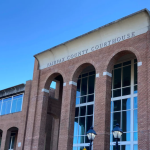
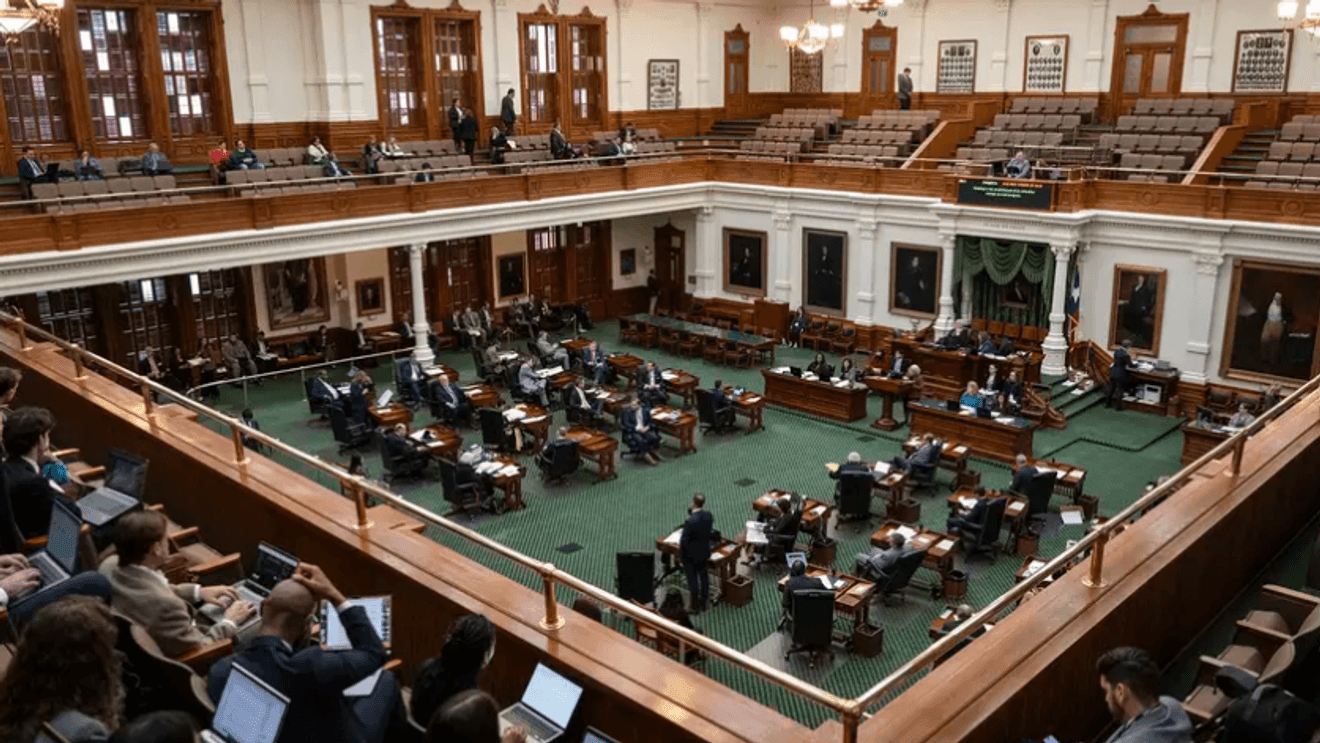

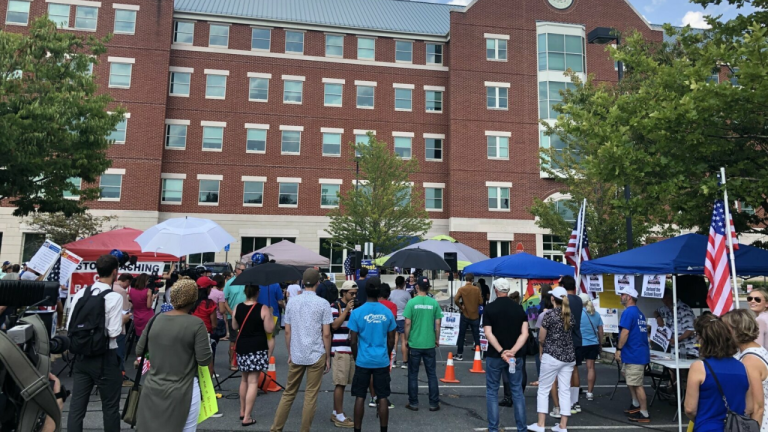

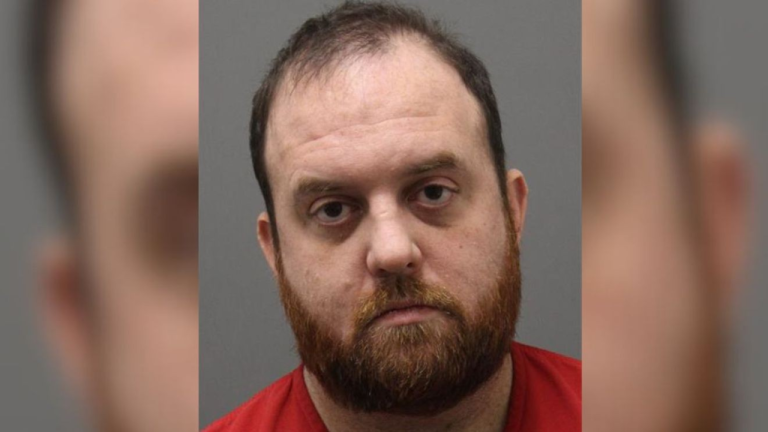

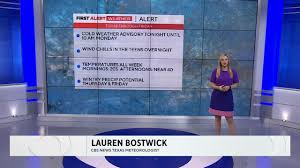

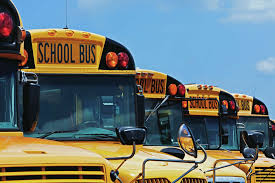
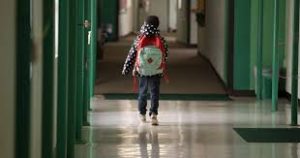

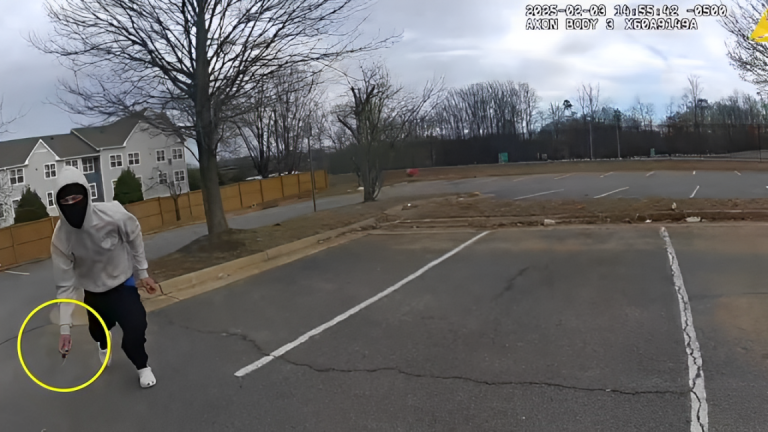






+ There are no comments
Add yours